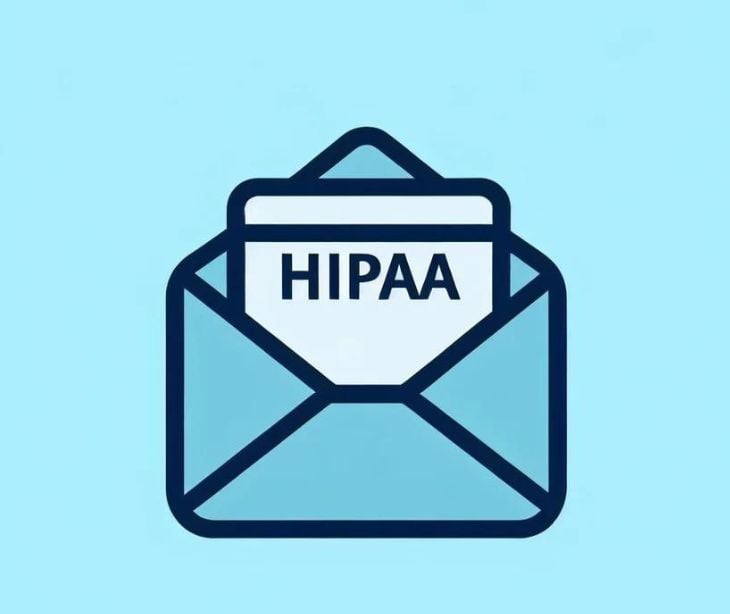2 min read
How HIPAA compliant email is used for patient engagement and communication
Tshedimoso Makhene
March 24, 2024

Email enhances patient engagement and communication by providing timely appointment reminders, secure follow-ups, health education, and medication adherence support. It also enables personalized interactions, telehealth coordination, and emergency alerts, ensuring patients stay informed and proactive about their healthcare.
Going deeper
Appointment reminders and scheduling
According to the HHS, “appointment reminders are considered part of treatment of an individual and, therefore, can be made without an authorization.”
Missed appointments can lead to disruptions in patient care and financial losses for healthcare facilities. Email reminders help patients stay on top of their scheduled visits, reducing no-show rates. Many healthcare systems integrate automated email scheduling, allowing patients to confirm or reschedule appointments with ease.
Secure communication and follow-ups
Email allows healthcare professionals to follow up with patients after visits, ensuring they understand their treatment plans and adhere to prescribed medications. A study from Cureus Journal of Medical Science found that between 1 and 10 percent of patients use email to communicate with their physicians between appointments.
Secure, HIPAA compliant email platforms like Paubox enable the safe exchange of sensitive medical information while maintaining patient confidentiality.
Health education and preventive care
Through email newsletters, healthcare providers can share valuable health tips, disease prevention strategies, and wellness initiatives. These messages educate patients about managing chronic conditions, lifestyle improvements, and vaccination schedules, fostering proactive healthcare participation.
Read also: Are educational email campaigns part of marketing?
Medication and treatment adherence
Patients often struggle with medication adherence, leading to complications and hospital readmissions. Email reminders about prescription refills, dosage schedules, and lifestyle recommendations can significantly enhance adherence rates and improve overall health outcomes.
Patient surveys and feedback collection
Healthcare organizations can send post-visit surveys to assess patient satisfaction, identify areas for improvement, and enhance service delivery. This feedback enables providers to make data-driven decisions to improve patient experience.
Telehealth support and virtual consultations
As telemedicine has become more prevalent, email can be used for confirming virtual appointments, distributing telehealth access links, and sharing pre-consultation instructions. It also allows providers to send summaries of virtual visits and next steps, keeping patients informed and engaged in their care plans.
Personalized patient engagement
Healthcare providers can leverage patient data to send personalized emails based on medical history, preferences, and needs. This could include birthday greetings, wellness check-in emails, or targeted healthcare recommendations, strengthening the provider-patient relationship.
Learn more: How to personalize follow up care emails
Emergency alerts and health notifications
During public health emergencies or disease outbreaks, email serves as a rapid communication channel to inform patients about new health guidelines, vaccination availability, and precautionary measures. This ensures that patients receive timely and accurate information to safeguard their health.
Best practices for patient email communication
- Use HIPAA compliant email platforms like Paubox to protect patient privacy.
- Keep emails concise and relevant to ensure patient engagement.
- Incorporate clear calls to action (CTAs) such as scheduling links or contact options.
- Use personalization to make emails feel tailored to individual patient needs.
- Monitor email performance to optimize open rates and engagement.
Learn more: SOPs for sending HIPAA compliant email
FAQs
Can patients opt out of receiving healthcare-related emails?
Yes, most healthcare providers offer an opt-out option for non-essential emails while maintaining necessary communications.
How do healthcare providers measure the effectiveness of their email communication?
Providers track email open rates, response rates, and patient engagement metrics to optimize their communication strategies,
Subscribe to Paubox Weekly
Every Friday we'll bring you the most important news from Paubox. Our aim is to make you smarter, faster.




